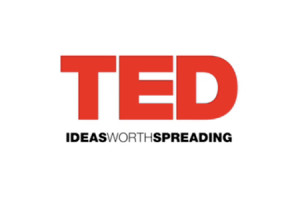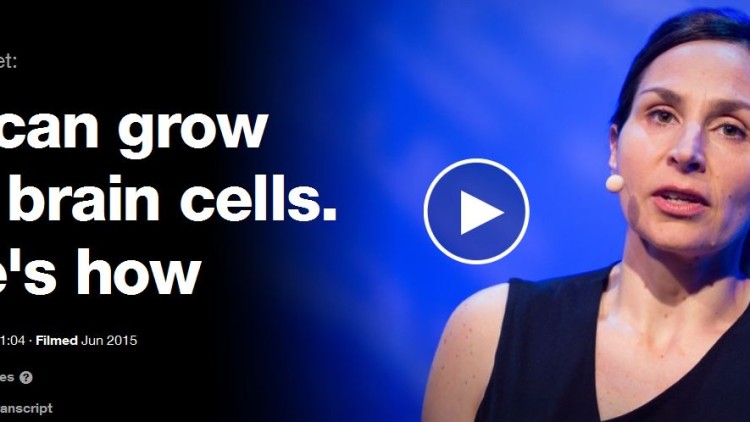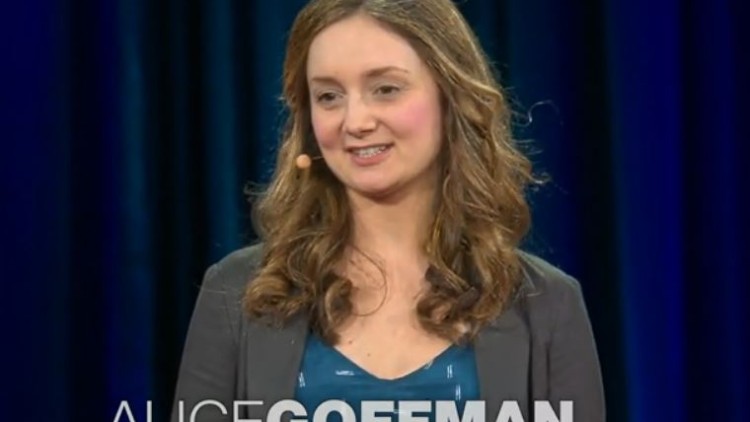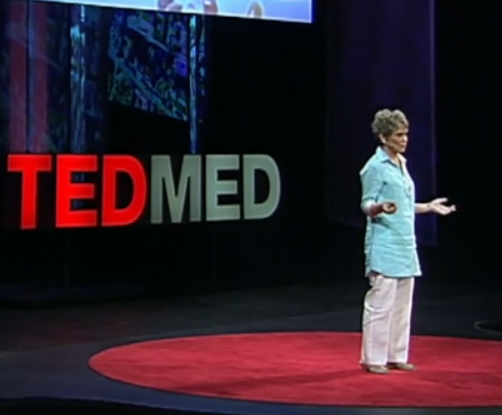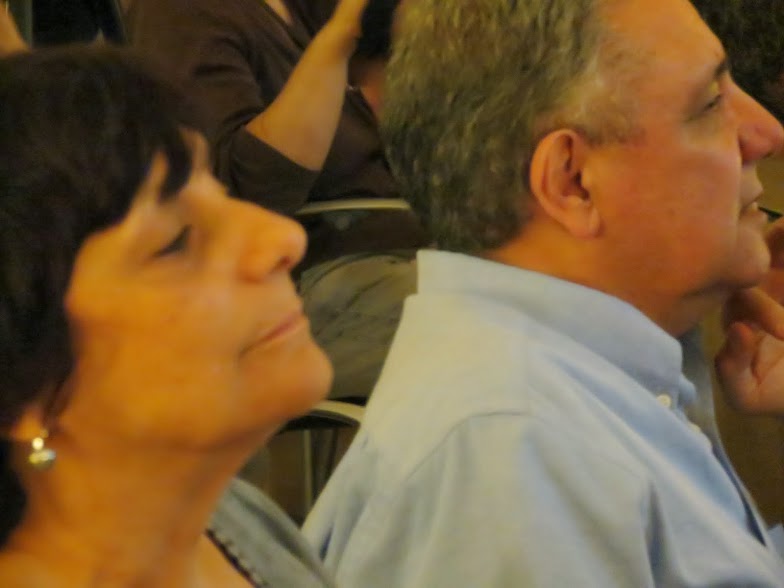TED: Ideas worth spreading
What does inequality do to our bodies and minds? A social psychologist and an epidemiologist discuss
TED: Need to know: About Facebook’s emotional contagion study
By Laura McClure for TED Ethicists are concerned about the recently published details of a mood alteration experiment conducted on Facebook users. Ready to go beyond the headlines? 5 primary sources worth reading next. Source: “Experimental evidence of massive-scale emotional contagion through social…


